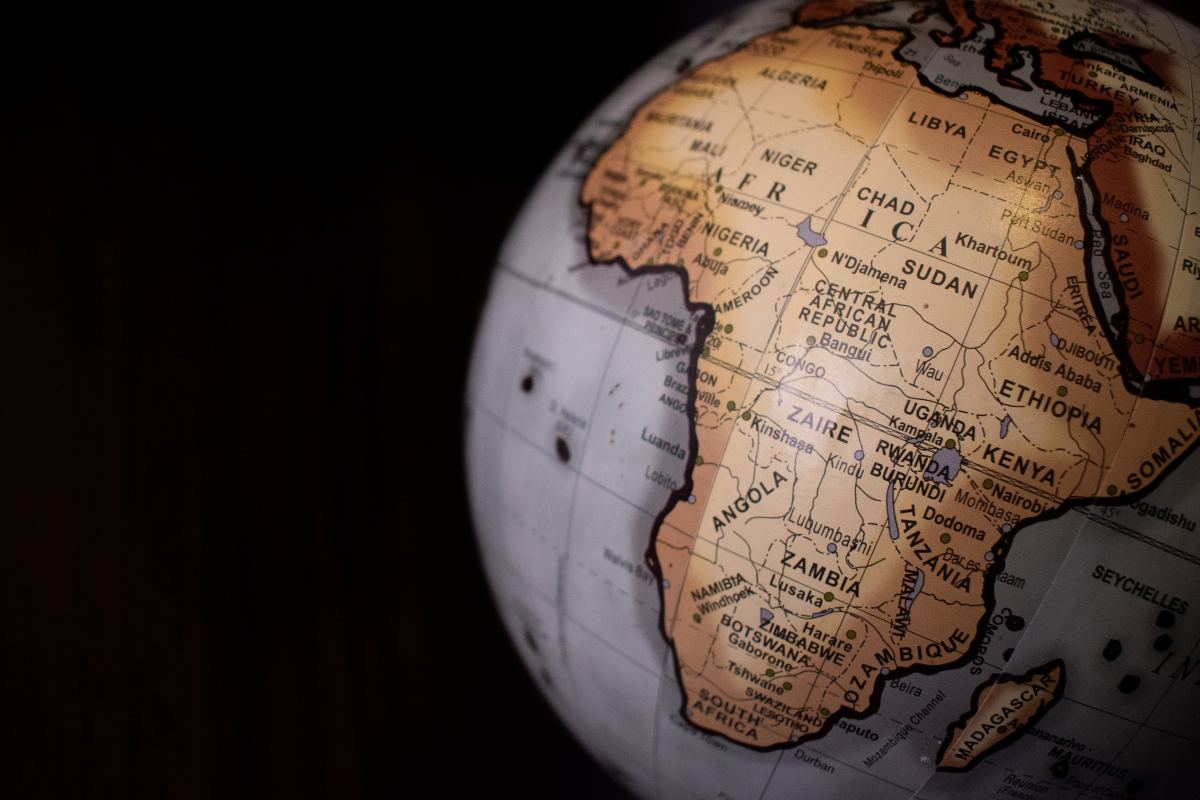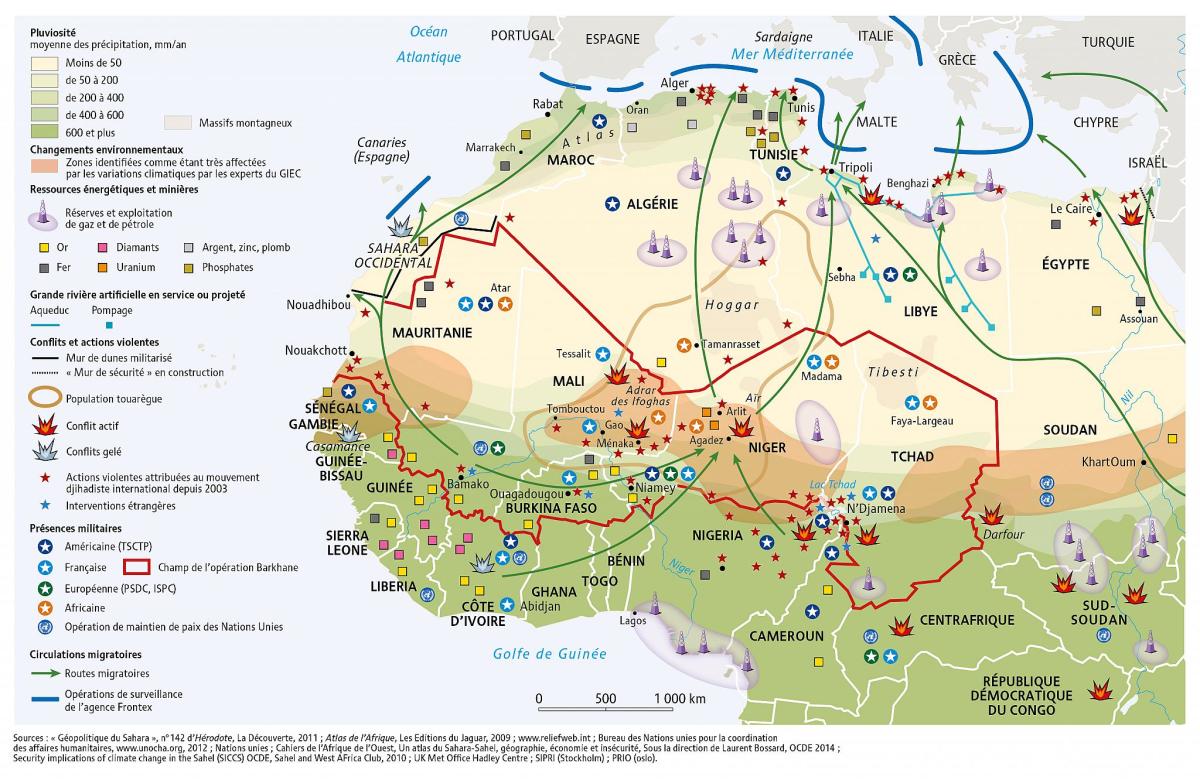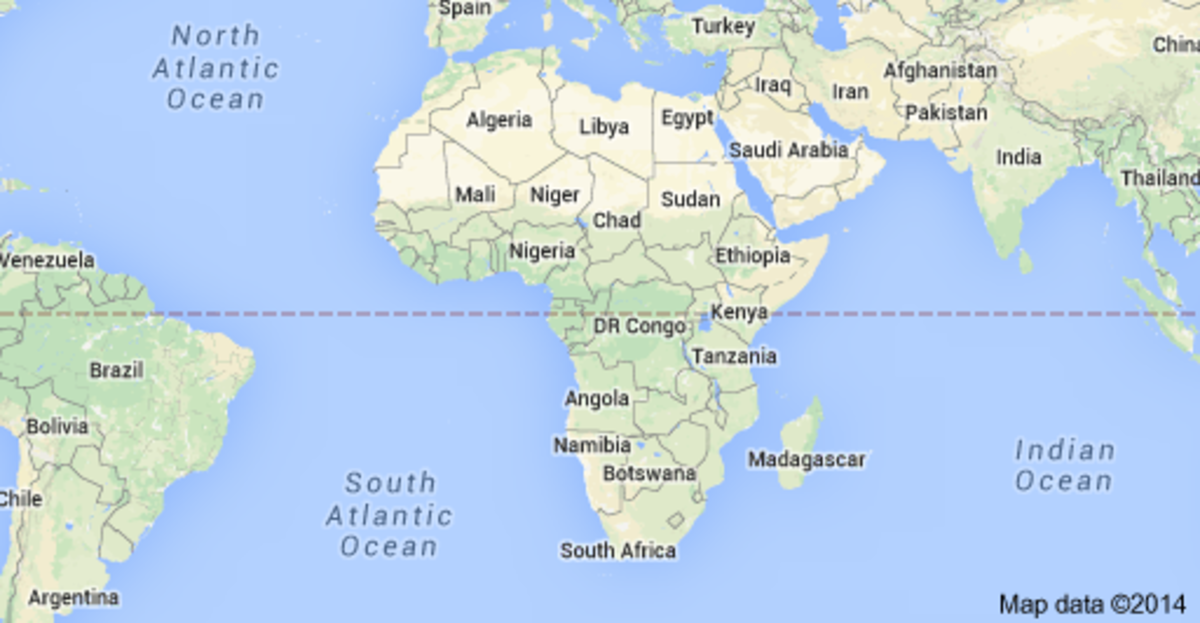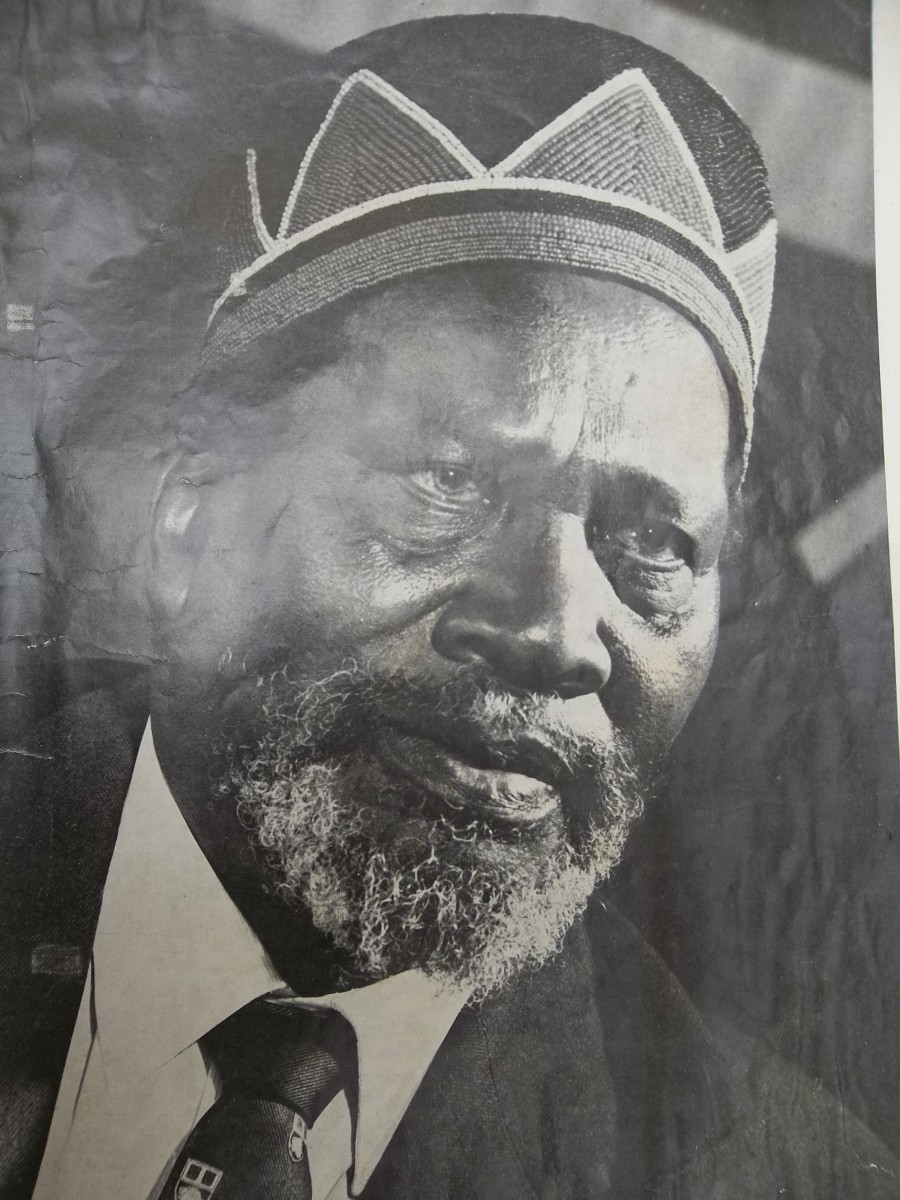Is Continued Aid Bad for Africa? Why I Agree with Zambian Economist Dambisa Moyo.

The Chinese Example
Dambisa Moyo, the Zambian economist, educated at Harvard and Oxford and a former employee of The World Bank and Goldman Sachs, has created an inspiring, and provocative argument in her book titled “Dead Aid" - Why Aid Is Not Working and How There Is a Better Way for Africa.
It’s a small volume book which suggests that foreign aid to African nations, totaling over a trillion dollars in the past 60 years was a waste. She argues that it's bad for Africa, and for Africans. In her opinion Aid keeps Africa and Africans in a sub servant’s role at a critical time when its governments need to step up and become more self-sufficient. In her book she strongly recommends shutting off all foreign aid to African nations within 10 years.
This world renown author and economist shares critical information about the connection between free aid and corruption in Africa, and suggests that an alternative approach to relieving Africa from poverty would be much more beneficial than continued aid. The book argues that if affluent nations continue to throw money at poverty-stricken African countries, both sides will find themselves trapped in a vicious cycle of dependency and corruption and the latter will emerge in worse shape than before.
While employed at the World Bank and later Goldman Sachs, economist Dambisa Moyo spent considerable time and efforts, researching African development, or the lack thereof. Her research data set her on a mission to debunk the conventional wisdom that Africa would come apart were it not for international aid. Instead, she argues, Africa would prosper if affluent nations encouraged economic autonomy across the continent instead of dependency on foreign aid. It is a logical conclusion considering the wealth of natural resources in Africa. The country is rich in these resources but the people are poor. Why is this?
The statement and link below are excerpts from her book as expressed in her interview with BigThink (bigthink.com) on the subject of Aid to Africa: http://www.salon.com/ent/video_dog/big_think/2009/04/13/bt_moyo/index.html?source=video&aim=/ent/video_dog/big_think
Quote from Dambisa Moyo: “There are many reasons why aids to African do not work, the government to government aid that I am referring to. The most obvious one that many people may be very familiar with is the idea that this money going into Africa is authensively free in the sense that there are no constraints on how governments on the ground use the money, so its very easily corrupted and in fact there is a long history across the continent of a lot of money going into Africa being stolen and diverted for non productive uses. So corruption is an obvious one.
However, there are many, many other reasons why giving or sending billion dollar packages in the form of US dollars, for example, into small economies is very harmful. For example, you can see why having that kind of money flying into a country makes the government less inclined to raise money through other sources of capital because they have this steady flow of permanent income, what they perceive as permanent income coming in. The government develops what I call a ‘Lazy muscle’ and this breeds dependency which means that governments are not focused on actually building up other sources of capital such as the private sector which is important for growth. In particular it’s no surprise that things like education, healthcare, infrastructure, and even security are now being provided to Africa from outsiders and that leaves a situation where African governments have a questionable role – what is the role for African governments when they are not responsible for those things.
Are corrupt African leaders products of the aid model?
I don’t think in the African context you can separate the aid model from the political leadership that we have. The good African leaders that we do have across Africa are actually because they themselves have a moral qualm to actually do what’s right. What I mean by that is it’s all too easy if you are a good leader to become bad and the bad leader to become worst. So it is a reason why African history is littered with examples of despondent and tyrannical leaders across the continent who’ve stayed in power for many, many years and you know, even in those situations they have very clearly continued to receive aid monies. I wish I could sit here and say actually this is a figment of the past, its not, there are still many African leaders that are still facing charges, you know very regularly, most recently we’re still hearing of governments actually being sued for stealing aid money so this is not something from the past and I think its virtually impossible to strip out the aspect of political leadership from the aid model. The notion of a lack of accountability immediately comes in when you run the aid model.
What is the Extent of China’s presence in Africa?
I think what the Chinese have done in Africa in the last ten years has been amazing. They have brought in infrastructure where it has not existed before and they have provided jobs where we’ve not been able to get jobs in the past sixty years. Overall, I would say that they have been a positive force towards economic development in Africa. They have even diversified their approach to Africa. Initially it was very heavily dependent on the mining and mineral sector, oil and gas. They have now become much more focused on things like agriculture, banking sector, much more diversified. Now, this is not to say that the Chinese are perfect and that they should come to Africa car blanched. I think that there are many issues that the media, certainly the western media picked up on and there are a lot of scope for trying to actually improve the discourse and the alliances between African countries and the Chinese, but that is not the responsibility of the international community to police that. It’s the responsibility of African governments working – were they accountable to their people – to actually ensure that the Chinese are behaving in the best interests of Africa.” end quote.
The well documented, and unquestionable horrors of extreme poverty in African nations over the past century have created a moral imperative that people and affluent governments have responded to by donating millions in aid packages. Yet, despite these efforts poverty persists on massive scales - even during a time of unprecedented global prosperity. Despite efforts by American celebrities, children in most African nations are starving to death and/or dying from what industrialized nations consider unnecessary diseases. Why is this - are we not being generous enough? Perhaps the problem is not a lack of aid but an inevitable outcome of historical circumstances – and how affluent nations have dealt with the problem – and – the lack of accountability among African leaders, and finally – corruption!
In this provocative and compelling book, economist Dambisa Moyo argues that the most important challenge we face today is to destroy the myth that Aid actually works. In the modern globalized economy, simply handing out more money, however well intentioned, will not help the poorest nations achieve sustainable long-term growth. What is really needed is total involvement – inside the country, and on the ground. I am not saying aid doesn’t help – it just doesn’t work.
Education is the key to freedom and stability. Give a man a fish and he eats for a day. Teach him how to fish and he eats for a life time.
It's time to break the cycle!








